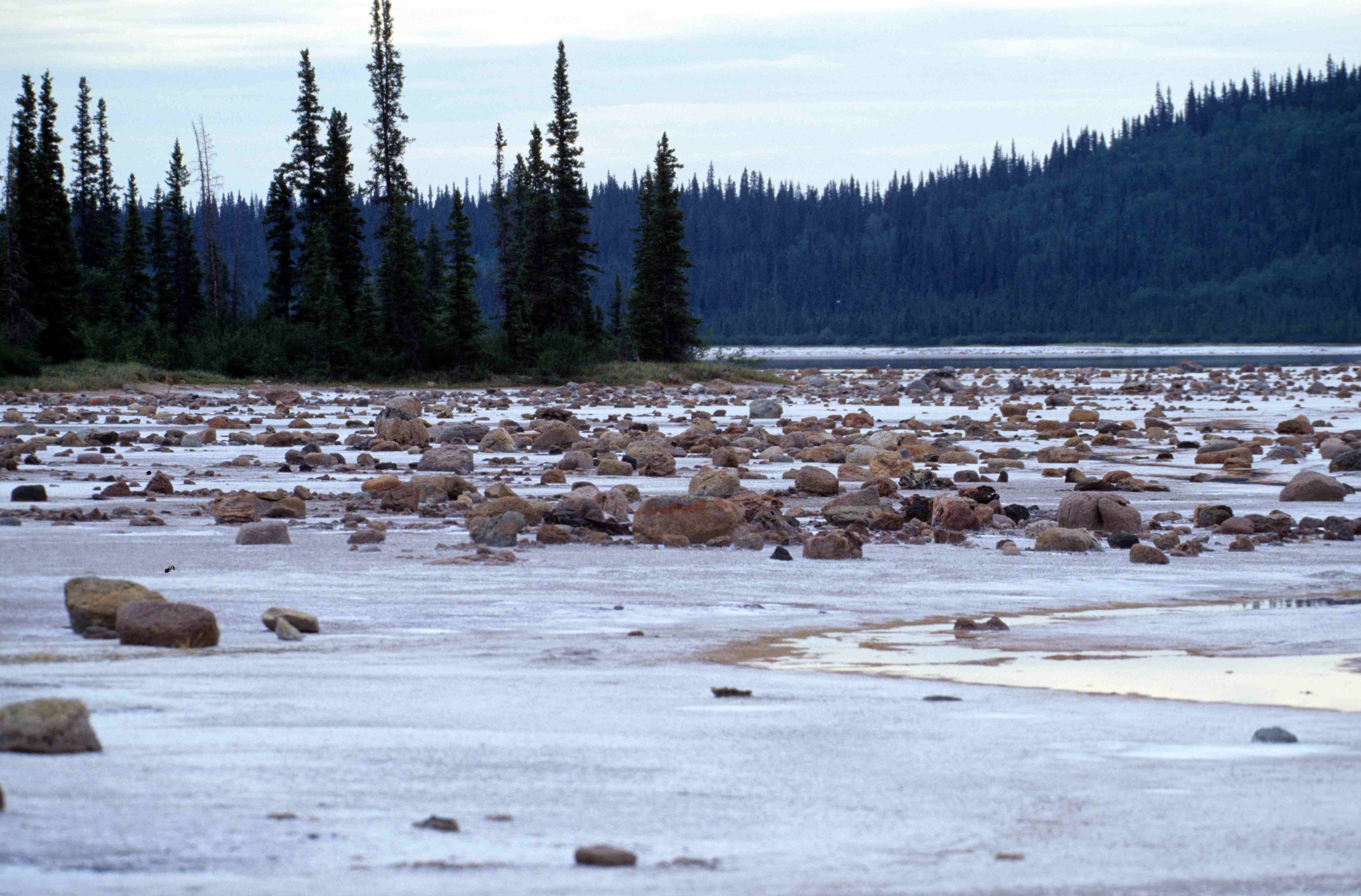The Site C hydroelectric project in British Columbia will be the focus of a United Nations monitoring missions to a world heritage site in northern Alberta.
On July 27, 2016, Site C passed a one-year construction milestone. In that year, significant progress has been made in the construction of the dam. With a workforce of 1,805, the project has excavated approximately 2.5-million cubic metres of material, delivered 65,000 cubic metres of timber to local mills, erected a temporary 329-metre bridge across the Peace River that links the north and south banks of the dam site, and attracted $4-billion in financial commitments from BC Hydro.
The project is coming under scrutiny at the request of the Mikisew Cree First Nation who are concerned that the Site C project threatens Wood Buffalo National Park, a UNESCO world heritage site since 1983.
At the convergence of the Peace and Athabaska rivers, Wood Buffalo is considered the largest freshwater boreal delta on the planet.
Melody Lepine, director of government and industry relations for the Mikisew First Nation, told Kelowna’s The Daily Courier: “We’re looking for them to list it as endangered so Canada can really take a more proactive means in managing those impacts and activities.”
In 2015, The World Heritage Centre recommended a review of the effects of existing and projected hydroelectric projects in the reasons on Wood Buffalo National Park. The Centre requested that Canada avoid development until an adequate assessment was made to changes to the region that “would be difficult to reverse.”
But, the project has continued to move ahead, intending a Peace River reservoir 83-kilometres long.
Meanwhile, Site C and BC Hydro continue to work with Firs Nations communities. In July, BC Hydro and the McLeod Lake Indian Band reached agreements on anticipated economic developments from the project. The agreements include an Impact Benefits Agreement, a Contracting Agreement, as well as a Tripartite Lands Agreement, which involves the B.C. provincial government. Under the agreements a lump sum payment, a payment stream over 70 years, procurement opportunities for McLeod Lake companies, the transfer of provincial Crown lands to McLeod Lake, and a commitment to consider land management initiatives involving McLeod Lake, respecting certain lands have been provided to the McLeod Lake Indian Band.
Canada’s Environment Minister, Catherine McKenna, said of the UNESCO review, “The government of Canada is committed to preserving our national parks, some of which are recognized World Heritage sites, and doing so in partnership with local communities, Indigenous peoples and other stakeholders.”
Read more about the issue at The Daily Courier.









